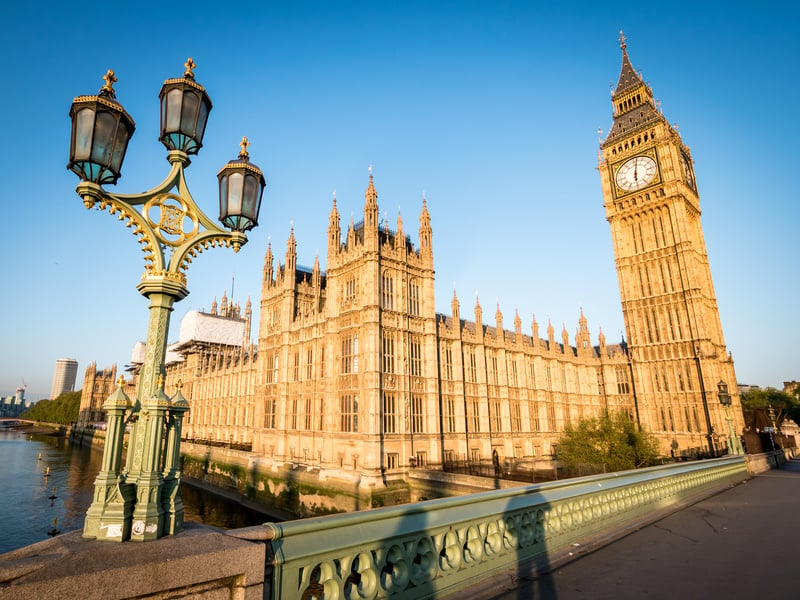The transition to net zero means that companies are understandably keen to highlight such credentials, and existing and upcoming legislation in various jurisdictions, including the UK, requires certain companies to make public sustainability and environmental disclosures in annual reports and elsewhere. However, companies now face a delicate balancing act between advertising such credentials and making such disclosures, and the increased litigation risk from NGOs and other actors as well as regulatory enforcement and sanctions. The ASA’s recent decisions build upon industry-specific investigations into green claims conducted by the Competition and Markets Authority earlier this year.
The UK Government published on 25 April 2023 its long-awaited Digital Markets, Competition and Consumers Bill. The Bill introduces radical new digital sector regulation – akin to the EU’s Digital Markets Act – in addition to expanding the UK Competition & Markets Authority’s consumer protection powers and introducing significant reforms for the UK competition regime.
Join Baker McKenzie’s Consumer Goods & Retail Industry Group for their events entitled Redefining Luxury & Fashion: What Fits in the Future? scheduled to take place in London on Tuesday, 14 March 2023 and in Paris on Thursday, 16 March 2023.
On 1 July 2021, the majority of the provisions in the UK’s Ecodesign for Energy-Related Products and Energy Information Regulations 2021 came into force ensuring the UK’s Ecodesign regime remains aligned to the EU’s regime post-Brexit. It introduces tighter rules for how much energy white goods, such as washing machines, can use and sets out new ‘right to repair’ rules which impose a legal obligation on manufacturers to make spare parts and repair and maintenance information for particular appliances available in order to facilitate repairs. Manufacturers will have to incorporate ‘reparability’ into their designs and processes to ensure compliance with the new rules.
Regulatory enforcement of consumer protection law in the UK is changing, even if the UK won’t be implementing the EU’s New Deal for Consumers (New Deal). Enhancements to existing laws are set to give the Competition and Markets Authority (CMA) more tools that it can use to encourage – or force – businesses to comply.
Currently the CMA’s powers are relatively limited when it comes to consumer enforcement (compared to those available to privacy and competition regulators, for instance). Whilst the future is uncertain, recent action taken by the CMA indicates an increased willingness on the part of the regulator to take interventionist (and in some cases, aggressive) action.
In this article we draw on our experience engaging with the CMA on consumer protection matters – and consider how changes to the legislative framework and leadership at the CMA are likely to impact its approach.
The Competition and Markets Authority (CMA) has published guidance and an open letter for businesses operating within the nursery and early years sector. This comes as a result of the CMA’s COVID-19 taskforce receiving a significant amount of complaints since March 2020 from consumers (parents and carers) in relation to the practices of nurseries and early years providers.
The Competition and Markets Authority (CMA) has published guidance and an open letter for businesses operating within the nursery and early years sector. This comes as a result of the CMA’s COVID-19 taskforce receiving a significant amount of complaints since March 2020 from consumers (parents and carers) in relation to the practices of nurseries and early years providers.
In brief The Competition and Markets Authority (CMA) has taken further action against businesses operating in the holiday accommodation sector which it considers are failing to comply with the law. On 3 July 2020 the CMA announced that it had received undertakings from Sykes Cottages (a major holiday lets firm)…
The CMA has begun to take action against businesses operating in the holiday accommodation sector that it considers are failing to comply with the law.
This follows the CMA guidance in late April on consumer cancellations and refunds, and the announcement that it would be focusing on the sectors against which it had received the most complaints. On 9 June the CMA press release stated that “following CMA action, a major holiday lets company is now offering refunds for cancelled bookings, while others are facing further scrutiny over their policies”.
Contents In depth Sectors in the spotlight On 20 March 2020, the CMA launched its COVID-19 Taskforce to monitor market developments and identify the harmful practices facing consumers in the current climate. The COVID-19 Taskforce’s Report of 24 April identified that 4 out of 5 complaints it had received were…








